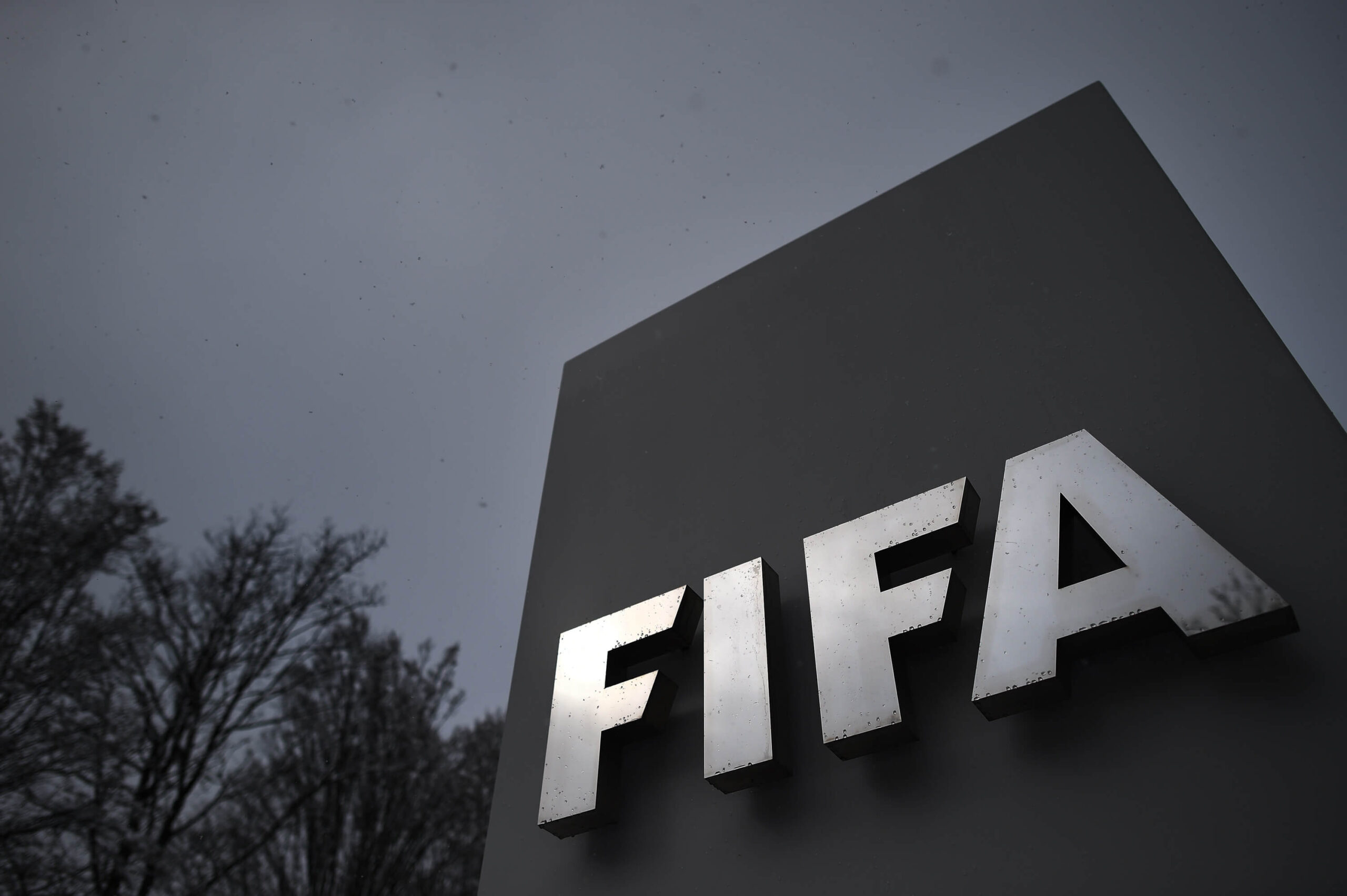FIFA is an organization that is dedicated to promoting and developing soccer around the world. It is the largest soccer organization in the world, with over 200 member countries.So what does FIFA stand for ? FIFA stands for the Fédération Internationale de Football Association, which translates to the International Federation of Association Football in English.
The organization was founded in 1904 and is headquartered in Zurich, Switzerland. FIFA is responsible for organizing some of the world’s most prestigious soccer tournaments, including the World Cup, which is held every four years. The World Cup is one of the most-watched sporting events in the world, with billions of people tuning in to watch the matches.
History of FIFA
FIFA stands for Fédération Internationale de Football Association. It is an international governing body for association football, futsal, and beach soccer. FIFA was founded on May 21, 1904, in Paris, France, by delegates from seven countries, namely Belgium, Denmark, France, the Netherlands, Spain, Sweden, and Switzerland.
The organization was initially established to oversee international matches between national teams, but it later expanded its role to include the regulation of the sport’s laws, organization of tournaments, and development of the game worldwide. FIFA has grown to become one of the most influential sports organizations in the world, with 211 member associations from around the globe.
Over the years, FIFA has organized several major international tournaments, including the FIFA World Cup, which is the most prestigious and widely viewed football competition in the world. The first FIFA World Cup was held in 1930 in Uruguay, and it has since been held every four years, except for 1942 and 1946 due to World War II.
FIFA has also been involved in promoting football development programs in various countries, particularly in Africa and Asia, through its Goal program. The program provides financial assistance to member associations to help them develop football infrastructure, such as building stadiums, training facilities, and organizing youth leagues.
Furthermore, FIFA has been at the forefront of promoting gender equality in football, with the establishment of the FIFA Women’s World Cup in 1991. The tournament has since grown in popularity and prestige, with the most recent edition, held in France in 2019, attracting a record-breaking audience of over one billion viewers worldwide.
FIFA’s Mission and Objectives
FIFA, which stands for the Fédération Internationale de Football Association, is the international governing body for football, or soccer, as it is known in some countries. Established in 1904, FIFA has a mission to develop and promote the game of football globally, while also ensuring fair play and sportsmanship.
In order to achieve its mission, FIFA has set several objectives, which include:
- Promoting football as a sport accessible to all, regardless of gender, age, or ability
- Organizing and regulating international football competitions, such as the World Cup
- Developing and implementing programs to improve the quality of football worldwide
- Ensuring the integrity of the game through anti-doping measures and fair play initiatives
- Collaborating with national football associations and other stakeholders to advance the sport
FIFA’s objectives are guided by its core values of respect, teamwork, integrity, and excellence. The organization strives to be a leader in the global sports community, promoting not just football, but also social responsibility and sustainability.
Despite some controversies and criticisms over the years, FIFA remains the most influential organization in football and continues to work towards its mission and objectives.
FIFA’s Structure and Governance
FIFA is a non-profit organization that is governed by a Congress, an Executive Committee, and a General Secretariat. The Congress is the supreme legislative body of FIFA, and it is made up of representatives from each of the member associations. The Executive Committee is responsible for the overall management of FIFA, and it is made up of the President, Vice Presidents, and other members elected by the Congress. The General Secretariat is the administrative arm of FIFA, and it is responsible for carrying out the day-to-day operations of the organization.
The President of FIFA is the head of the organization, and they are responsible for representing FIFA on the international stage. The President is elected by the Congress, and they serve a term of four years. The Vice Presidents are also elected by the Congress, and they assist the President in carrying out their duties. The Executive Committee is responsible for making decisions on behalf of FIFA, and they meet regularly to discuss important issues facing the organization.
FIFA’s governance structure has come under scrutiny in recent years, following a number of high-profile scandals. In response to these scandals, FIFA has implemented a number of reforms aimed at improving transparency and accountability within the organization. These reforms include the establishment of an independent Ethics Committee, the introduction of term limits for the President and Executive Committee members, and the publication of financial reports on a regular basis.
Overall, FIFA’s governance structure is designed to ensure that the organization is run in a fair, transparent, and accountable manner. While there have been challenges in the past, FIFA is committed to implementing reforms that will help to restore the public’s trust in the organization.
FIFA’s Activities and Programs
FIFA, the international governing body of football, is responsible for organizing and promoting football worldwide. It has a number of programs and initiatives aimed at developing the sport and supporting its member associations.
One of FIFA’s main activities is organizing and running the World Cup, the most prestigious tournament in football. The World Cup brings together teams from around the world to compete for the title of world champion. FIFA also organizes other international tournaments, including the Women’s World Cup and the Club World Cup.
In addition to organizing tournaments, FIFA has a number of programs aimed at developing football at all levels. One such program is the FIFA Forward Development Program, which provides funding to member associations to support the development of football infrastructure and programs in their countries. FIFA also has programs aimed at promoting women’s football, supporting grassroots football, and combating discrimination and racism in the sport.
FIFA also has a number of partnerships and collaborations with other organizations, including the United Nations and the World Health Organization. These partnerships focus on using football as a tool for social development and promoting health and well-being.
Overall, FIFA’s activities and programs are aimed at promoting and developing football around the world, supporting its member associations, and using football as a tool for social development and positive change.
Controversies Surrounding FIFA
FIFA has been embroiled in several controversies over the years. Some of the most notable ones include:
- Corruption Scandals: FIFA has been accused of widespread corruption and bribery in the awarding of World Cup hosting rights. These allegations led to the indictment of several high-ranking FIFA officials in 2015.
- Racism Allegations: FIFA has been criticized for its handling of racism in football. In 2011, FIFA fined the Football Association of England for wearing poppies on their jerseys to commemorate Armistice Day. FIFA also faced criticism for its handling of racist incidents during the 2018 World Cup in Russia.
- Labor Exploitation: FIFA has been accused of turning a blind eye to labor exploitation in countries that host World Cup events. In Qatar, for example, there have been reports of workers being forced to work in dangerous conditions and being paid very little.
These controversies have tarnished FIFA’s reputation and led to calls for reform within the organization. FIFA has taken steps to address some of these issues, such as implementing new anti-corruption measures and increasing transparency in its decision-making processes. However, many critics argue that more needs to be done to ensure that FIFA operates in an ethical and responsible manner.







